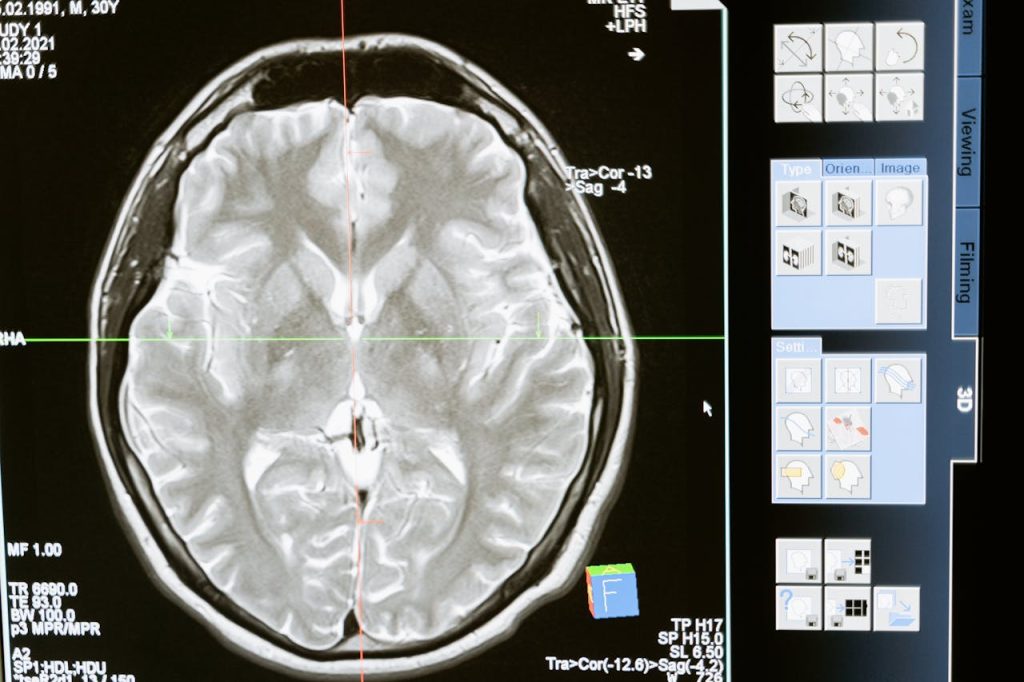
Your brain is working all the time, even when you’re not thinking about it. It helps you remember names, solve problems, and make decisions. But some daily habits can slowly chip away at your brain’s health, even if you don’t notice right away. These habits can affect your memory, focus, and even your mood. The good news is, you can change most of them. Here are ten everyday habits that could be harming your brain over time—and what you can do about them.
1. Skipping Breakfast
Skipping breakfast might seem harmless, but it can hurt your brain. Your brain needs a steady supply of glucose to work well. When you skip breakfast, your blood sugar drops, and your brain doesn’t get the fuel it needs. This can make you feel tired, irritable, and less focused. Over time, missing breakfast can affect your memory and ability to concentrate. Try to eat something simple in the morning, like oatmeal or eggs, to give your brain a good start.
2. Not Getting Enough Sleep
Sleep is when your brain recharges. If you don’t get enough sleep, your brain can’t clear out toxins that build up during the day. This can lead to problems with memory, learning, and decision-making. Chronic sleep loss is linked to a higher risk of Alzheimer’s disease and other brain disorders. Aim for seven to nine hours of sleep each night. If you have trouble sleeping, try to keep a regular bedtime and avoid screens before bed.
3. Too Much Screen Time
Staring at screens for hours can wear out your brain. It can make you feel foggy and distracted. Too much screen time, especially on social media, can also affect your mood and stress levels. It’s easy to lose track of time scrolling or watching videos, but your brain needs breaks. Try to limit your screen time, especially before bed. Take regular breaks to stretch, walk, or just look away from the screen.
4. Not Drinking Enough Water
Your brain is mostly water. When you’re dehydrated, your brain shrinks a little, and you might feel tired or have trouble thinking clearly. Even mild dehydration can affect your mood, memory, and focus. Make it a habit to drink water throughout the day, not just when you’re thirsty. Carry a water bottle with you and take sips often.
5. Eating Too Much Junk Food
Junk food is everywhere, but it’s not good for your brain. Foods high in sugar, salt, and unhealthy fats can cause inflammation in your brain. This can slow down your thinking and hurt your memory. Over time, a poor diet can raise your risk of depression and dementia. Try to eat more fruits, vegetables, whole grains, and healthy fats like those in nuts and fish. Your brain will thank you.
6. Chronic Stress
Stress is part of life, but too much of it can damage your brain. Chronic stress floods your brain with hormones that can shrink important areas, like the hippocampus, which is key for memory. Stress can also make it hard to focus and learn new things. Find ways to manage stress, like deep breathing, exercise, or talking to someone you trust. Even a few minutes a day can help.
7. Lack of Physical Activity
Sitting all day is bad for your brain. Physical activity increases blood flow to your brain and helps it grow new cells. People who exercise regularly have better memory and thinking skills. You don’t have to run marathons—just walking, stretching, or dancing can help. Try to move your body every day, even if it’s just for a few minutes.
8. Smoking
Smoking doesn’t just hurt your lungs; it also damages your brain. It reduces blood flow and can shrink parts of your brain that control memory and learning. Smokers have a higher risk of stroke and dementia. If you smoke, quitting is one of the best things you can do for your brain. There are many resources to help you stop.
9. Not Challenging Your Brain
Your brain needs exercise, too. Doing the same things every day can make your brain lazy. If you don’t challenge your brain, you might notice problems with memory and thinking as you get older. Try new activities, like learning a language, playing an instrument, or doing puzzles. Even reading a new book or taking a different route to work can help keep your brain sharp.
10. Social Isolation
Humans are social creatures. Spending too much time alone can hurt your brain. Social isolation is linked to a higher risk of depression, anxiety, and even dementia. Talking with friends, joining a group, or volunteering can help keep your brain healthy. Even short conversations can make a difference.
Small Changes, Big Impact
Your daily habits shape your brain’s future. The choices you make today—what you eat, how you move, how you connect with others—can protect your brain for years to come. You don’t have to change everything at once. Start with one habit, and build from there. Your brain is worth it.
What habits have you noticed affect your brain the most? Share your thoughts in the comments.
Read More
8 Times Your Brain Lied to You About Smart Money Moves
New Research Suggests Retirement Homes Might Accelerate Cognitive Decline
The post 10 Everyday Habits That Could Be Harming Your Brain Over Time appeared first on The Free Financial Advisor.







